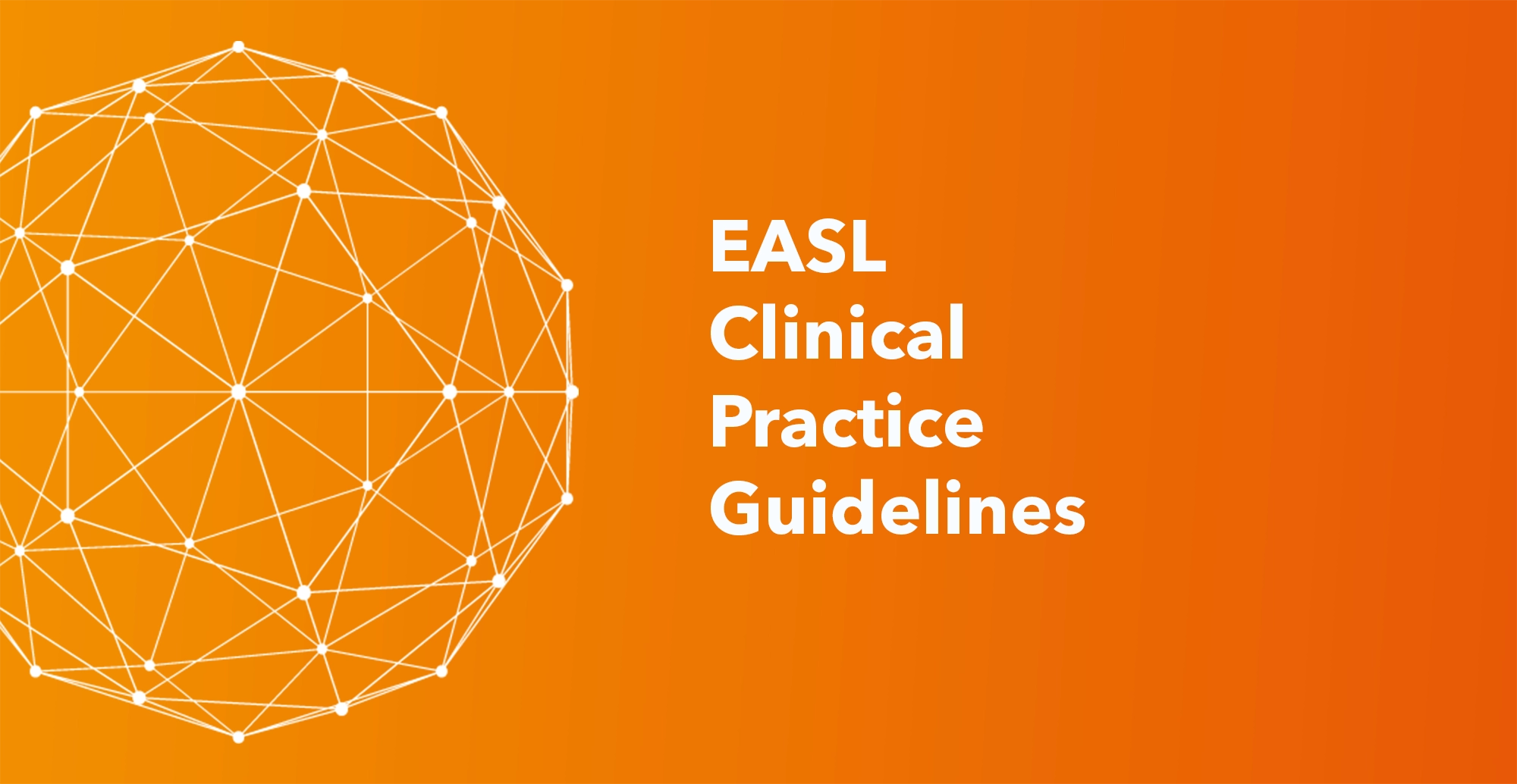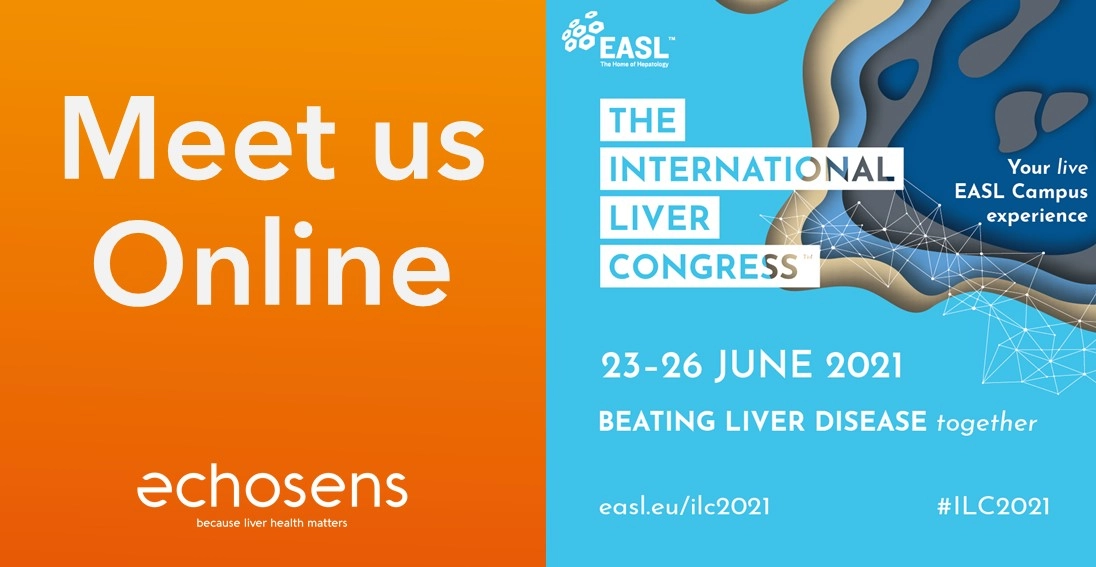Given EASL’s highly prescriptive recommendations for FibroScan® parameters, Echosens technologies are now positioned as the cornerstone of non-invasive tests (NIT) for the future of liver disease management—across the liver care continuum and all population groups.
Notable Recommendations
As the NIT of reference, FibroScan® combines standardization, clinical performance and accessibility for early patient identification, in first-line after Fib-4, either in primary care, diabetology clinic or liver clinic, and for advanced liver disease patient management, portal hypertension and hepatocellular carcinoma (HCC) risk stratification.
EASL guidelines highlights include:
> Liver stiffness measurement (LSM) by transient elastography (TE) received support from 13 “strong recommendations” and four other recommendations or supportive statements.
> Controlled attenuation parameter (CAP) is now mentioned in the guidelines, with clear cut-off for steatosis diagnosis.
> Spleen stiffness measurement (SSM) is now recommended as an additional NIT to further improve risk stratification and refine the risk of high-risk varices.
Covering Critical Conditions and All Populations
Across all population groups, FibroScan® garnered 18 recommendations or statements from the EASL guidelines, including for non-alcoholic fatty liver disease (NAFLD)/non-alcoholic steatohepatitis (NASH), alcoholic liver disease (ALD), hepatitis C virus, including post sustained virologic response (PSVR), primary biliary cirrhosis (PBC)/primary sclerosing cholangitis (PSC) and autoimmune hepatitis (AIH).
FibroScan® was also recommended for at-risk populations, such as patients with metabolic risk factors and/or harmful use of alcohol. All recommended cut-off values are clearly specified for LSM by TE.
These guidelines further demonstrate the value of FibroScan® for comprehensive management of liver health in the battle against a global liver disease epidemic.



